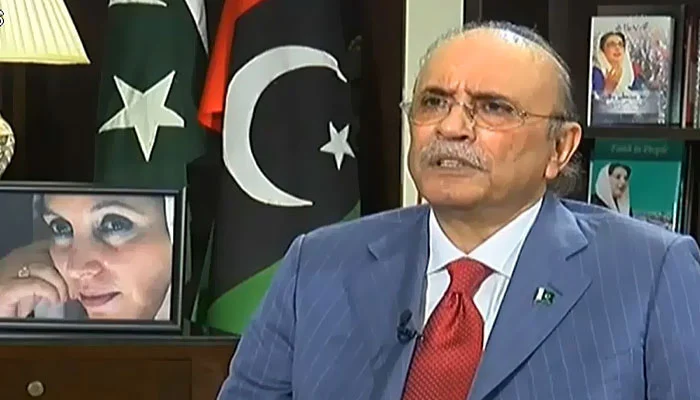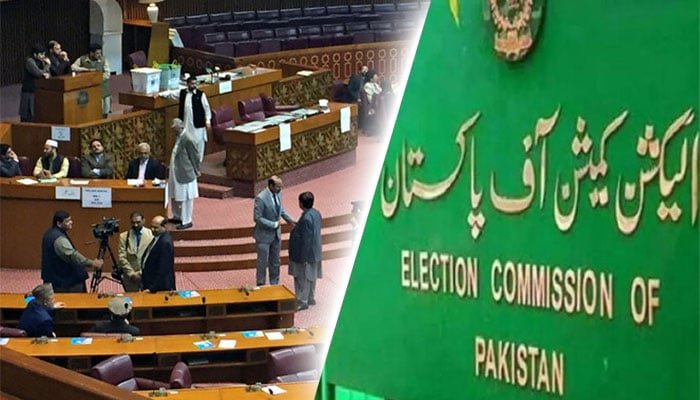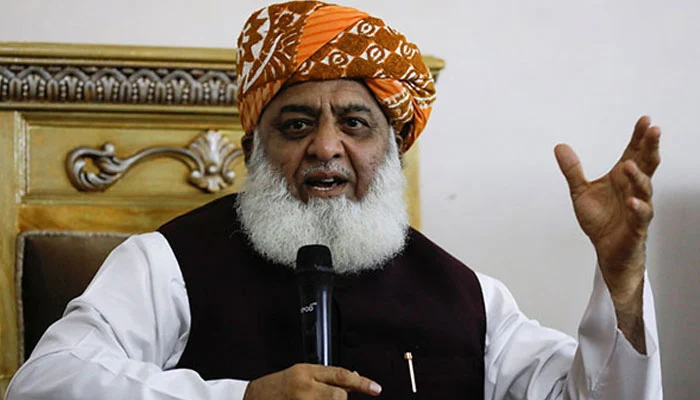In a recent interview with Geo News’ program ‘Capital Talk,’ Asif Ali Zardari, Co-Chairman of the Pakistan Peoples Party (PPP) and former President of the country, made significant revelations regarding an alleged offer from the Imran Khan-led government. Zardari claimed that the PTI government had proposed a coalition with the PPP, suggesting the formation of a unity government by offering six ministerial positions.
During the exclusive interview with host Hamid Mir, Zardari disclosed that the Imran Khan government desired the PPP’s cooperation but with a condition – the party was expected to leave the country. Zardari contended that the Tehreek-e-Insaf (PTI) government’s policies were detrimental to Pakistan, accusing them of being hostile to the national economy. He further elaborated on his belief that the motion of no-confidence against the government was a justified decision, citing Imran Khan’s leadership as the reason behind Pakistan’s isolation on the international stage.
Zardari asserted that the PTI Chairman’s actions had led Pakistan to stand alone globally, emphasizing that the country’s economic woes were exacerbated under his administration. According to Zardari, if the PPP had not been ousted, they could have orchestrated an Army-led government and extended their rule until 2028, extracting funds under the pretext of a truckload of milk.
The former President framed the motion of no-confidence against the Imran Khan government as a correct and necessary step. He criticized Imran Khan, claiming that had they not been removed from power, they would have manipulated the electoral process through an Army-led government, securing their governance until the 2028 elections.
Asif Ali Zardari’s revelations provide insight into the political dynamics in Pakistan, shedding light on the alleged attempts at political maneuvering and the strained relationship between the PPP and the PTI. The interview underscores the complexities of Pakistan’s political landscape and the challenges faced by opposition parties in navigating their roles in the nation’s governance.



